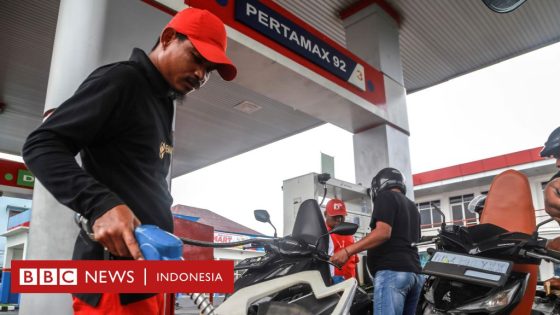On February 25, 2025, the Indonesian Attorney General’s Office announced the arrest of seven suspects in a massive corruption case involving PT Pertamina. This scandal, which allegedly cost the nation a staggering Rp193.7 trillion, has raised serious questions about the management of Indonesia‘s oil resources. How did this corruption unfold, and what does it mean for the future of Indonesia’s energy sector?
- Seven suspects charged in Pertamina corruption case
- Estimated state loss of Rp193.7 trillion
- Suspects manipulated domestic oil production
- Illegal blending of fuel quality reported
- Weak institutional oversight identified as issue
- Ongoing investigation may reveal more culprits
Corruption Scandal in Indonesia’s Oil Sector Raises Alarm
How could such a large-scale corruption scheme go unnoticed? The Attorney General’s investigation revealed that the suspects manipulated domestic oil production, leading to unnecessary imports and inflated prices. This raises critical questions about oversight in Indonesia’s energy sector.
Key Details of the Pertamina Corruption Case Uncovered
The corruption case revolves around several key actions taken by the suspects:
- Manipulating domestic oil production to justify imports.
- Illegally blending lower-quality fuels to sell as higher-grade products.
- Colluding with brokers to inflate prices, resulting in significant financial losses for the state.
- Creating a lack of transparency in procurement processes.
Understanding the Impact of Fuel Quality Manipulation
One of the most concerning aspects of this scandal is the alleged blending of RON 90 fuel (similar to Pertalite) to pass it off as RON 92 (Pertamax). This practice not only compromises fuel quality but also raises questions about consumer safety and trust in fuel standards.
The Role of Governance in Preventing Corruption
Experts emphasize that weak oversight and a lack of competitive markets have contributed to this corruption. With Pertamina dominating the oil sector, the absence of competition may have facilitated these unethical practices.
Future Implications for Indonesia’s Energy Sector
This scandal could lead to increased scrutiny of Indonesia’s energy policies and procurement processes. As the government seeks to regain public trust, reforms may be necessary to ensure transparency and accountability in the energy sector.
In conclusion, the corruption case against Pertamina highlights critical governance issues that need urgent attention. As Indonesia navigates this scandal, the implications for consumers and the energy market will be closely watched both locally and internationally.
































